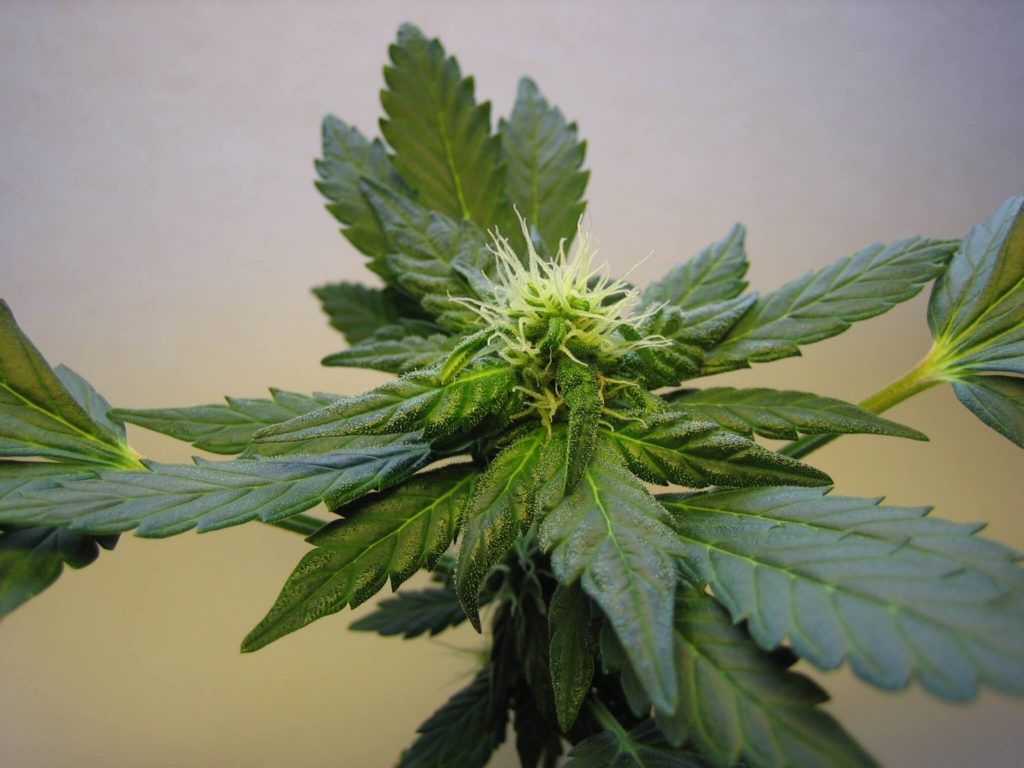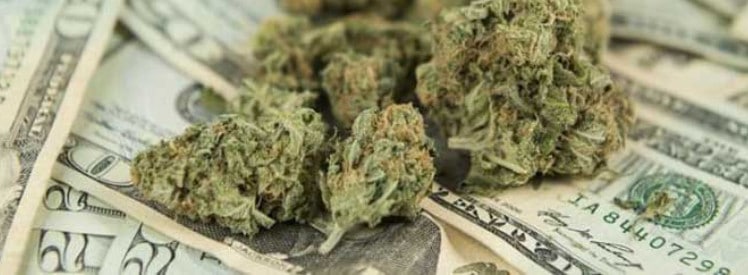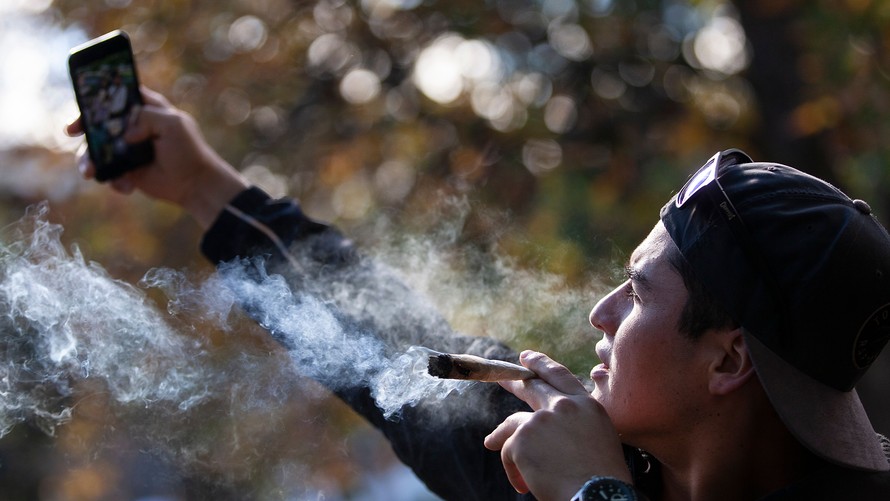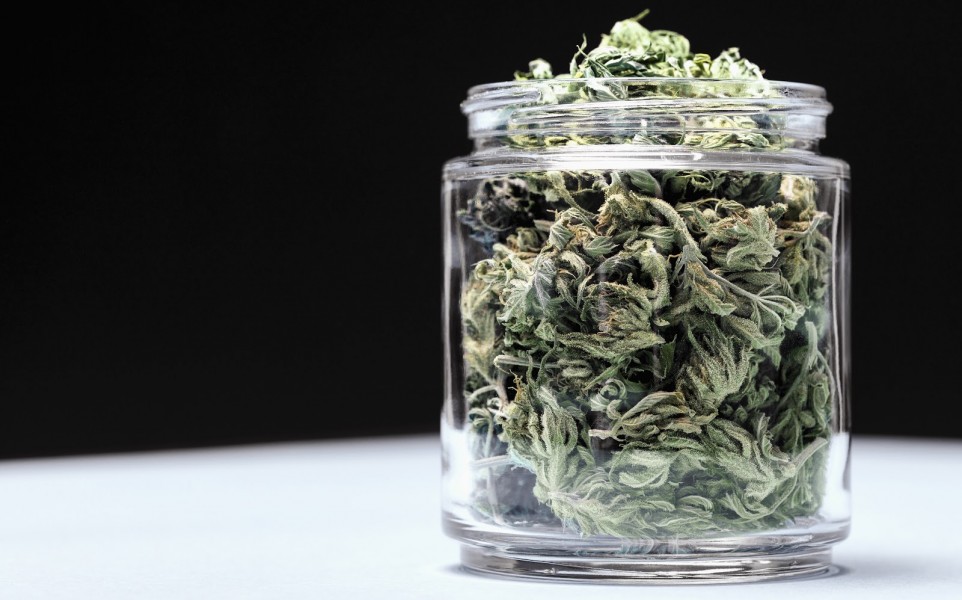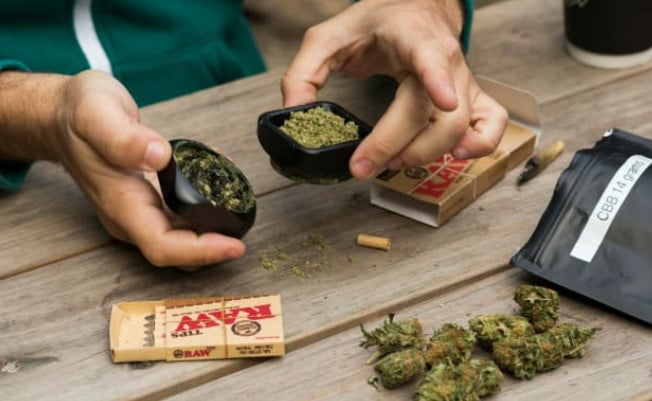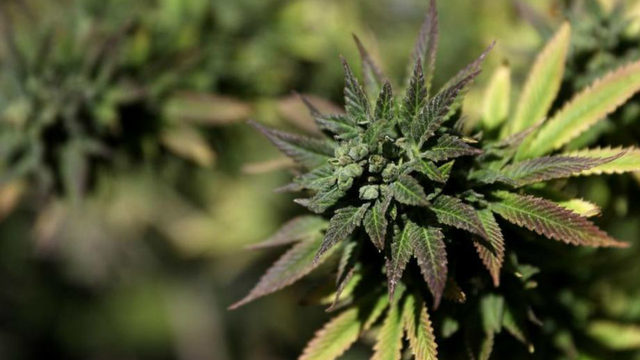As long expected, products on the market labeled pesticides, herbicides, insecticides, etc. have proven harmful to not only their intended objects but to beneficial plants, insects and animals, including humans.
Ingredients in these products can cause rashes, sores, boils, respiratory ailments, cancer and many more problems that might take up to seven generations to identify. There is no need to use these products in the garden or on your lawn.
You might not want to use them, not purchase them and leave word to a retailer that you wish to have them removed from their stores. The problem with these products goes beyond your usage to their usage by neighbors, especially if you are down wind.
There is a better way to handle pests, weeds and harmful insects. First you should determine what are actually problematic. Many insects and weeds are beneficial to gardens and the environment, even essential to health. But unwanted weeds can be handled safely. Here are a few suggestions:
1. Dig out roots, dry and compost if not in seed. Simply hoe and leave for mulch.
2. Use boiling water. Especially good on sidewalk cracks and patio weeds.
3. Burning. Burn seed bearing weeds. Some garden stores have “flame weeders” for individual plants. Do NOT use on Poison Ivy!
4. Salt. But know salt will not allow any plants to grow for awhile.
5. Borax. 10 ounces Borax added to 2.5 gallons of water.
6. Spring application of winter rye in rows between plants. Good mulch also.
7. Plasticulture. Place plastic in rows to control weeds.
8. Vinegar. White or industrial. If industrial, use protective covering as it can cause harm to the skin. One gallon vinegar and one pound Epson salts and 8 ounces of Dove dish detergent. For more information, consult Cornell Extension.
Just so you know, you can save money and eat healthier foods if you know your yard “weeds.” The following are edible: Dandelions, purslance, Red and White Clover, Lambs Quarters, Plantain, Chickweed, Mallow, Wild Amaranth (Pigweed), Curly Dock, Burdock, and mullein. (Plantain and mullein leaves make a good poultice for stings, rashes, sores and bites).
Before you decide to eradicate “weeds,” you should also consider whether it is beneficial to the environment. The King/Queen of all weeds is the dandelion. It should be encouraged, not destroyed. It is edible, delicious, makes great wine and is essential to the health of bees which you need for your garden and trees. If you think in terms of justice, dandelions have more right to your lawn and gardens than grass and should be respected for their many gifts. Don’t like dandelions? GET OVER IT!
Other beneficial plants that need protection and propagation are yarrow, all mints, sheep sorrel, achanasia, milkweed, thistles and stinging nettle. All are needed and many are even your flower garden or vegetable garden. Turn your lawn into an herb garden, eliminating mowing which is one of summer’s top pollutants.
So before you rid your property of “weeds,” find out how to cultivate these natural foods and medicines. They also attract beneficial wildlife like bees and butterflies.
For more on balanced environment, consult Biodynamic Farming or Permaculture.
Credit: observertoday.com


